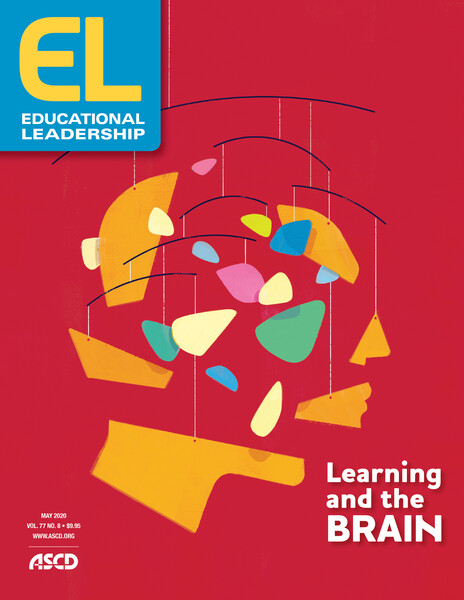Key Whole Child Indicators on Mind-Body Connectedness
Whole Child Spotlight / On Mind-Body Connectedness - table
Healthy | 8 | Our school sets realistic goals for student and staff health that are built on accurate data and sound science. |
|---|---|---|
| Safe | 3 | Our physical, emotional, academic, and social school climate is safe, friendly, and student-centered. |
| Safe | 4 | Our students feel valued, respected, and cared for and are motivated to learn. |
| Safe | 9 | Our school climate, curriculum, and instruction reflect both high expectations and an understanding of child and adolescent growth and development. |
| Engaged | 5 | Each student in our school has access to a range of options and choices for a wide array of extracurricular and cocurricular activities that reflect student interests, goals, and learning profiles. |
| Supported | 2 | Our teachers use a range of diagnostic, formative, and summative assessment tasks to monitor student progress, provide timely feedback, and adjust teaching-learning activities to maximize student progress. |
| Supported | 3 | Our school ensures that adult-student relationships support and encourage each student's academic and personal growth. |
| Supported | 4 | Each student has access to school counselors and other structured academic, social, and emotional support systems. |
| Supported | 5 | Our school staff understands and makes curricular, instructional, and school improvement decision based on child and adolescent development and student performance information. |
| Challenged | 2 | Our curriculum and instruction provide opportunities for students to develop critical-thinking and reasoning skills, problem solving competencies, and technology proficiency. |






